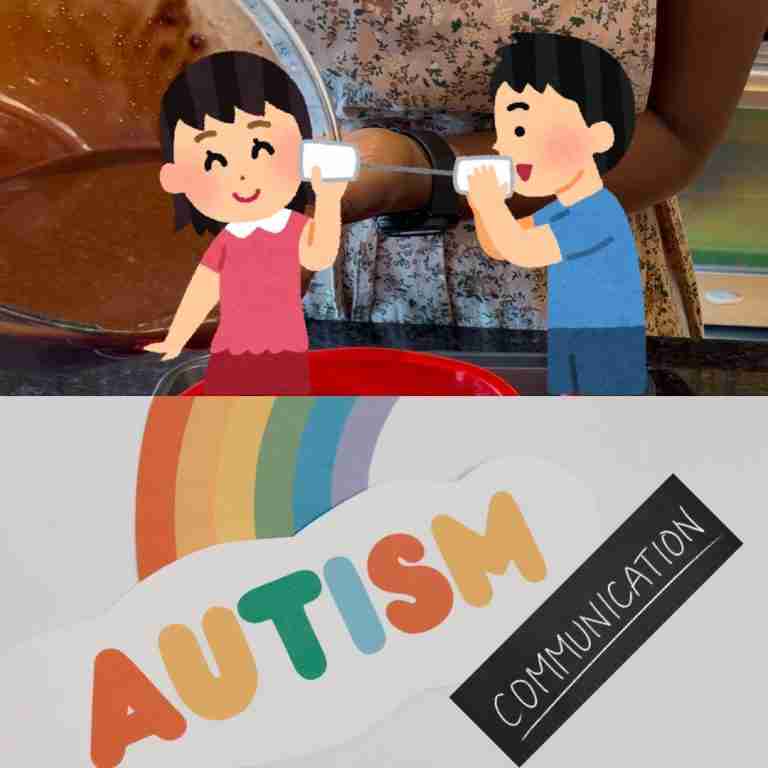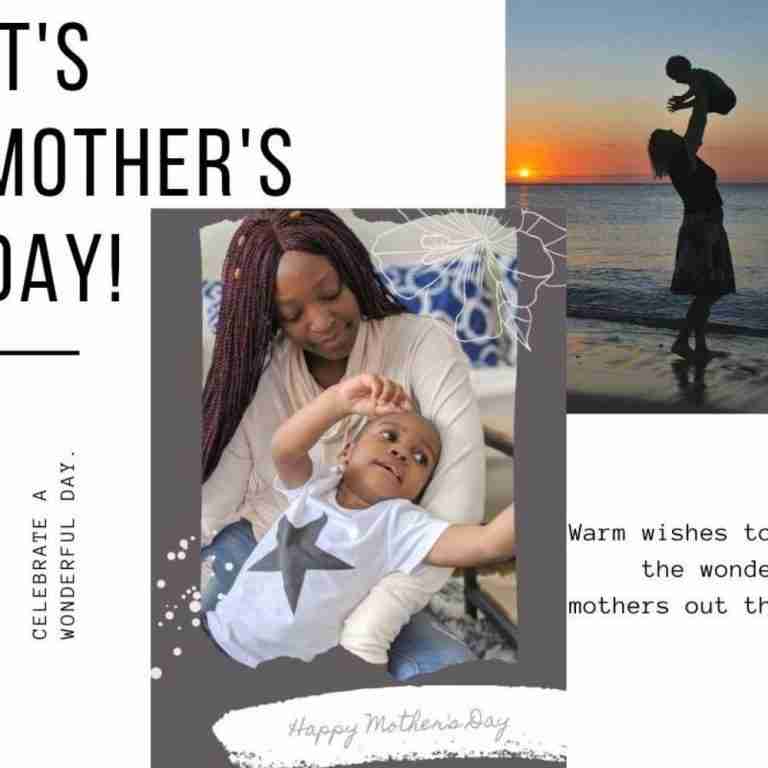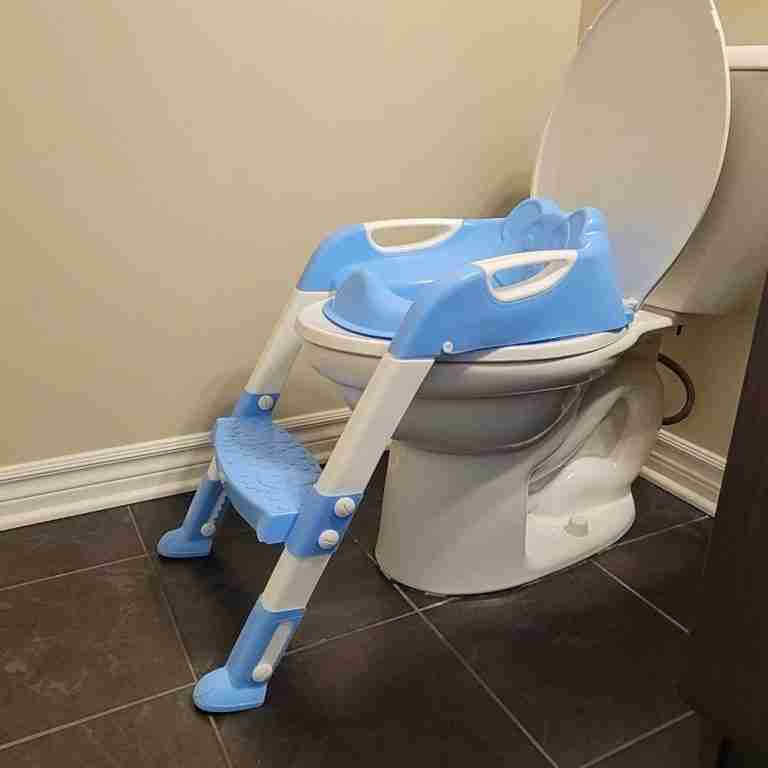When my child was first diagnosed with autism, I found myself in a whirlwind of emotions—fear, confusion, and uncertainty about what the future would hold. As a parent, all I wanted was to understand how best to support my child and help them thrive. Looking back now, there are so many things I wish I had known at the beginning of this journey. From navigating the complexities of therapy options to finding the right support network, the learning curve was steep. In this post, I want to share some of the key insights I’ve gained along the way, hoping to offer guidance and comfort to other parents who might be feeling as overwhelmed as I once did.
1. Life Is Not Over
The first thing I want you to know is that when your child gets diagnosed with autism it doesn’t mean life is over. It might seem like it in the beginning. You might feel lost, scared, or even alone. But let me assure you, life with your autistic child is going to be a journey filled with moments of pure joy, achievements (big and small), and an incredible bond that you’ll cherish.
Your child will surprise you in ways you never imagined, teaching you new perspectives and bringing out strengths you didn’t know you had. Most importantly, your child will love you unconditionally, and that love will become the foundation of a relationship that you’ll cherish forever. This journey, while challenging, will be filled with beautiful moments that make every step worthwhile. My son is about to turn 9 and he got his diagnosis when he was 3. In the past 6 years I have learned so much, not just about autism, but about love, resilience, and we have been living our life as a family just that now we see the world through a different lens.
2. It’s Okay to Grieve
Grieving is a part of the process. It’s okay to mourn the dreams you had for your child before the diagnosis. Obviously when my son was born I thought about how I was going to be a soccer mom, all the different activities I was going to do with him, so knowing that all this might not happen for me was just a big blow for me. I want you to know that this grieving process is not a one time thing because I still find myself going through the same process when we reach certain milestones like now he is at the age were could have been doing sleepovers, having him go outside to play with the other kids on his own stuff like that. So cry if you need to, vent and do whatever you feel is right.
This doesn’t mean you love your child any less. It means you’re human. Allow yourself to feel these emotions, then, when you’re ready, look ahead. The future might be different from what you imagined, but it’s filled with possibilities and hope.
3. Personal Relationships Will Change
It’s important to acknowledge that personal relationships will change. Some friends might drift away, and family dynamics might shift. I have lost friends because I wasn’t able to attend events and some people just didn’t know how to handle the diagnosis so the friendships just fizzled and died. I have also heard some people sharing how they no longer get invited to family gatherings like the 4th of July celebrations because their autistic child doesn’t like noise or won’t be comfortable around loud groups of people. It’s tough, but it’s also an opportunity to see who truly supports you. Remember, it’s okay to seek out new communities and friendships with those who understand and empathize with your journey. Embracing this change allows you to build a network of people who will uplift you, making your journey a little easier and more fulfilling.
4. Not Everyone Will Understand
Not everyone will understand your parenting choices, your struggles, or your fatigue. People will stare at you when your child is going through a meltdown while you are out shopping or dining out, some people will definitely judge you. And that’s okay. You are navigating a path that is uniquely challenging, and every decision you make is out of deep love and concern for your child. What matters most is that you’re giving your all, doing your absolute best to support and nurture your child in the way they need.
Trust in your instincts and the love you have for your child. This love drives your commitment to their well-being, and that’s what truly counts. Even if others don’t fully understand, what’s important is that you’re doing everything you can to ensure your child’s happiness and growth. In the end, it’s your dedication and care that make all the difference. You are doing your absolute best in a situation that is uniquely challenging. Trust in your love for your child and your commitment to their well-being. That’s what truly matters. I have gone through all that and now all the judgment and staring don’t phase me at all. If they stare I just stare right back at them.
5. Your Child Is Not Their Diagnosis
Your child is not their diagnosis. They are wonderfully unique, with their own likes, dislikes, strengths, and challenges. Celebrate their individuality. Play with them, love them, and encourage them to explore their interests. Their autism is just one part of the amazing person they are. Your child is so much more than their diagnosis. They are a wonderfully unique individual, with their own likes, dislikes, strengths, and challenges that make them who they are. It’s important to celebrate their individuality and embrace everything that makes them special. Take the time to play with them, love them, and encourage them to explore their interests.
Remember, their autism is just one part of the amazing person they are. It doesn’t define them, but rather adds to the rich tapestry of their personality. By focusing on their unique qualities and supporting their passions, you help them to grow and thrive as the incredible person they are meant to be. I’ve always treated my son like I would any other child. I provide accommodations where needed. I don’t treat him like he is fragile or just because he is autistic there is nothing he is good for. He loves aircrafts and you better believe I’m buying all the helicopters and airplanes I come across. And now that he can tolerate new places, I try to take him out more.
WANT TO LEARN MORE? HERE ARE MORE TIPS ON RAISING KIDS ON THE AUTISM SPECTRUM
6. Take Care of Yourself
And finally, take care of yourself. It’s easy to get caught up in the day-to-day demands and forget that your well-being is crucial too. Take it one day at a time, find moments for yourself, and remember, you don’t know what the future holds, but you’re facing it with love and courage. Investigate respite care options that can give you a break and allow you to recharge. Taking care of your own well-being is crucial in being an effective advocate and caregiver. Find time to do the things you love even if the only time you have is after the kids have gone to bed. Just an hour doing stuff you love can do wonders for your mental health. Remember you can’t pour from an empty cup.
The journey of parenting a child with autism is filled with unique challenges, but it’s also rich with unexpected joys and profound growth. While there’s no one-size-fits-all manual for what to expect, I hope that sharing my experiences can shed some light on the path ahead. If there’s one thing I’ve learned, it’s that while the road may be difficult at times, you are not alone. With the right resources, support, and a whole lot of love, you and your child can navigate this journey together, finding strength and resilience in places you never imagined.





